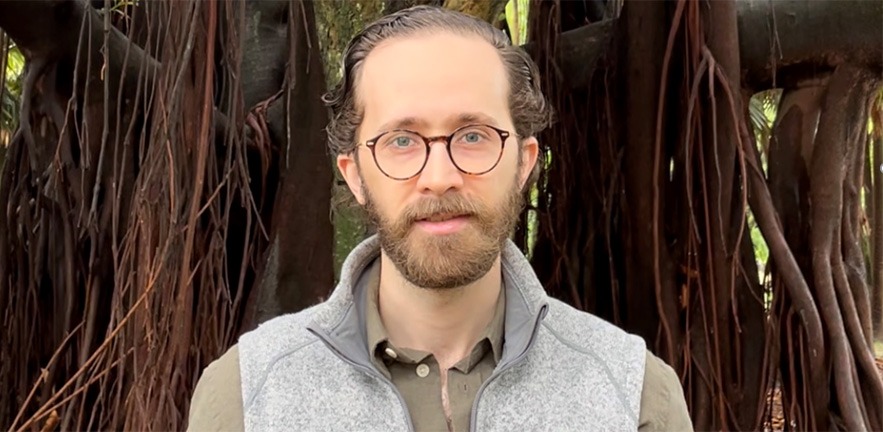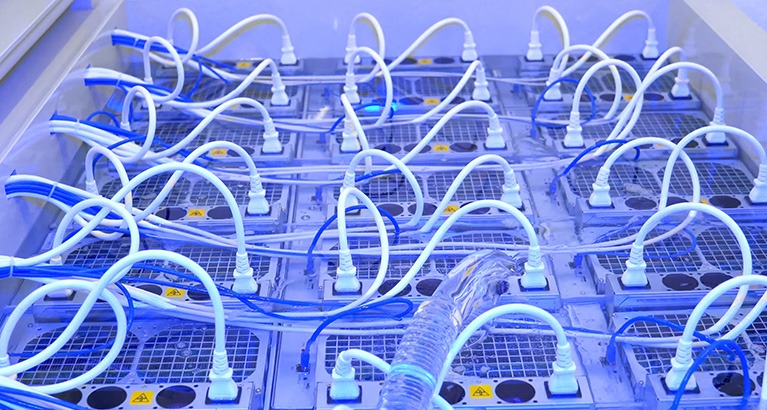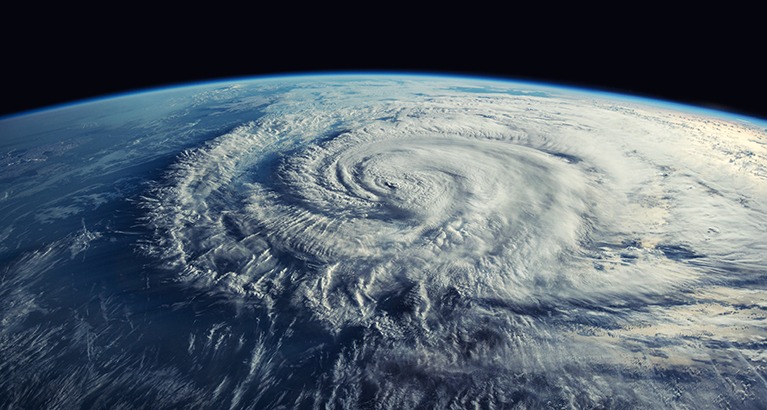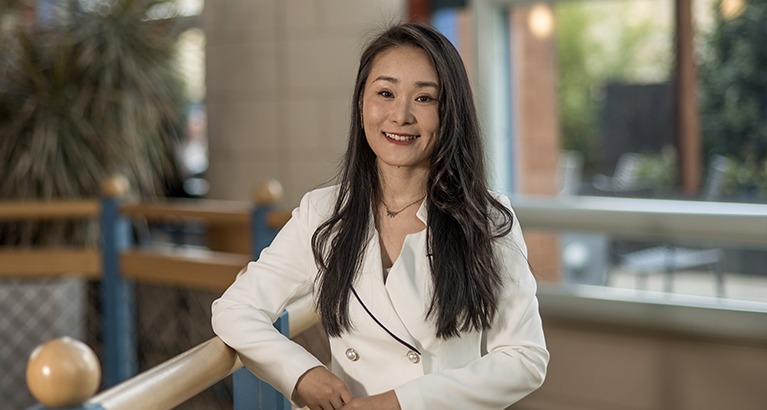We met with Luiz de Andrade (MBA 2017), based in Sao Paulo, Brazil, soon after COP26 to find out about a venture he started to combat climate change.
How did your time in Cambridge inspire you?
Studying at Cambridge Judge was a defining point in my life that challenged me to think big and make a difference toward massive, complex issues. The coursework, projects and teamwork with my classmates were fundamental stepping stones, providing me with a compass that gave me the confidence to start a venture to combat climate change.
At every turn, I was exposed to remarkable and inspiring people. Examples are plenty, from transformative insights from my extraordinary classmates, who are still incredibly supportive, to learnings from Nobel Peace Prize winner, Professor Muhammad Yunus about the importance of partnerships and dreaming big on the social business path.
The course ‘Doing Good Well: Leading Social Innovation for Local and Global Impact’ was an inflexion point in my understanding of how creative-innovative business models can help to solve wicked social problems on a global scale.
Why ‘OnePlanet.’?
I founded One Planet. in 2021. It is a purpose-driven startup catalysing efforts to halt climate change through nature-driven solutions. The name OnePlanet. was chosen because it encapsulates, quite simply, the ethos behind the foundation of the company: we only have one planet and we must focus on saving it – hence the use of the full stop.
Tell us a little about OnePlanet.’s focus on forests
Climate change is the defining issue of our time and we are at a defining moment. From shifting weather patterns that threaten food production, to rising sea levels that increase the risk of catastrophic flooding, the impact of climate change is global in scope and unprecedented in scale.
In essence, to fight climate change, we need to reduce the concentration of greenhouse gases (GHG) in our atmosphere. To do so, we must minimise emissions and/or sequester carbon that is already in the air.
At OnePlanet., we leverage technology and carbon finance to protect the vital allies that nature gifted us – forests. By protecting the forests, we can fill 2 needs with one deed. About 20% of global greenhouse-gas emissions are the result of tropical deforestation. By avoiding deforestation, we not only cut emissions but also protect the natural carbon sinks.
It is important to highlight that when conserving and regenerating forests, we are also addressing other pressing causes and helping to deliver sustainable development goals (SDGs).
In the forest area that we are protecting, our efforts are supporting the conservation of endangered species and freshwater springs while also bringing benefits to traditional local communities.
Looking back at COP26, do you feel the commitments made will see a difference quickly enough?
COP26 brought substantial progress on several fronts, but not enough to guarantee the maximum 1.5°C warming target.
Even though the Paris Agreement was adopted in 2015 (COP21), the conclusion of a few outstanding issues remained on the table, with significant implications for the acceleration of combatting the climate crisis. One of the key achievements of COP26 was the ratification of Article 6 (which took 5 years of negotiations). Furthermore, beyond the central negotiation, various ground-breaking agreements were enacted. For instance, 109 countries committed to the Global Methane Pledge and 137 countries signed up to the Glasgow Leaders’ Declaration on Forests and Land Use.
Still, many fronts must be strengthened. For example, the commitments of the national climate plans, which fell short of what was needed. By the end of the summit, 151 countries had submitted new nationally determined contributions (NDCs). The UN’s calculations indicate that the NDCs, as they stand now, put the world on course for 2.5°C (far from the goal of 1.5°C warming). Countries must invigorate their 2030 emissions reduction targets and offer credible pathways to achieve their net-zero targets. It also is important to point out that even the 1.5°C warming would have dire consequences for our societies and an even more severe impact on the most vulnerable countries and individuals.
What message would you like to share with current students?
One of the important lessons I learned at Cambridge Judge was to focus on your company’s ‘why’ and not the ‘what’.
Related articles
Research centre news
Cambridge study: sustainable energy rising in Bitcoin mining
The use of sustainable energy sources for Bitcoin mining has grown to 52.4%, while natural gas has replaced coal as the single largest energy source, finds a new study by the Cambridge Centre for Alternative Finance (CCAF) at Cambridge Judge Business School.
The compelling economic case for investing in climate-change mitigation and adaptation is not broadly understood, says a new report from BCG and the University of Cambridge.
Student and alumni news
Sustainable fashion venture named to disruptive startup list
ANNDERSTAND, an affordable fashion brand founded by Cambridge MBA graduate Ge Yu (MBA 2023), has been named as one of the Most Disruptive MBA Startups by business education publication Poets & Quants.





